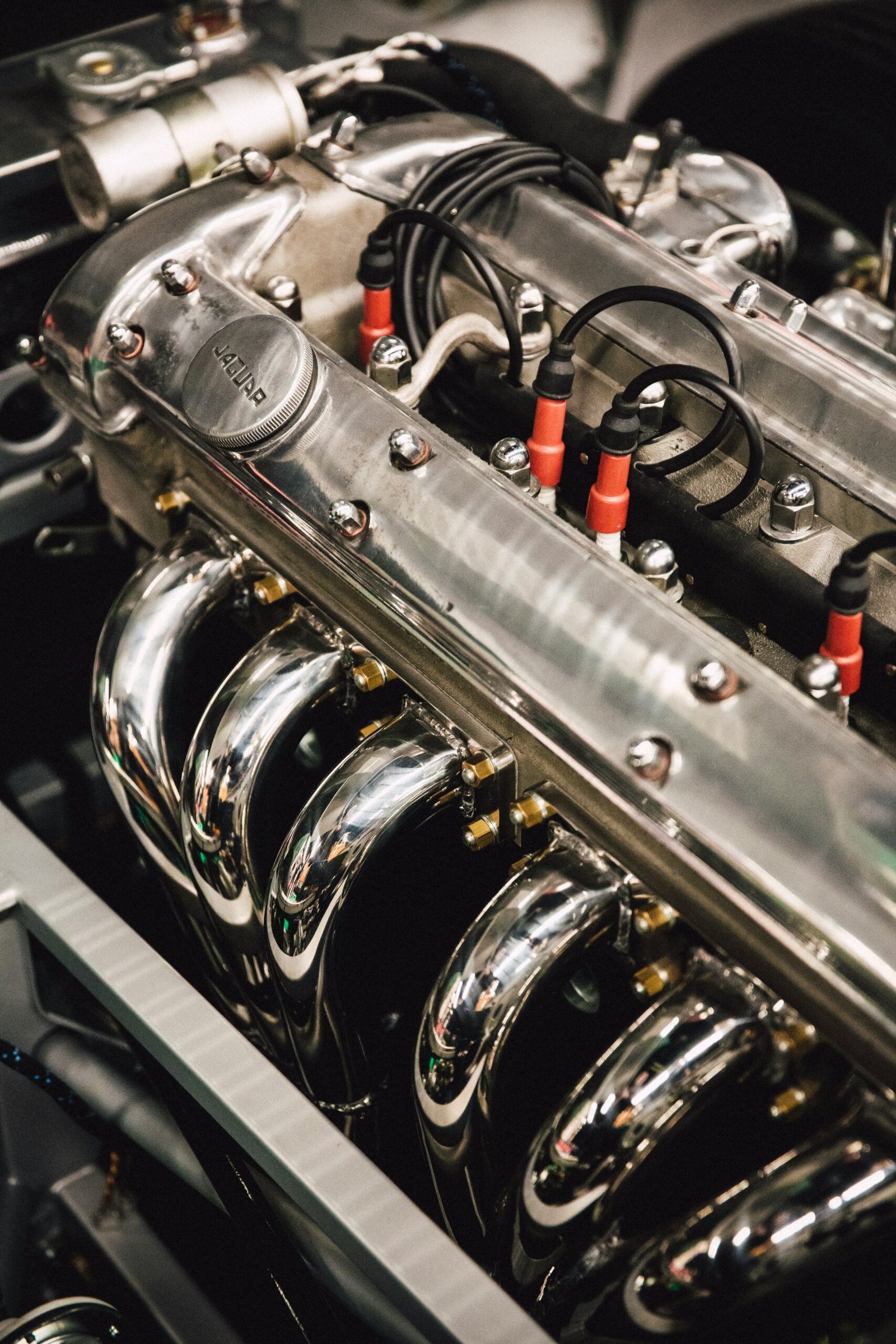Understanding and Addressing Car Engine Overheating

Common Causes of Car Engine Overheating
Car engine overheating is a prevalent issue that can stem from various sources. One of the most common causes is low coolant levels. Coolant, or antifreeze, is essential for regulating the engine’s temperature. When the coolant level is insufficient, it fails to absorb and dissipate heat effectively, leading to an overheated engine. Drivers should periodically check their coolant levels and top them up as necessary to avoid this problem.
A malfunctioning thermostat is another frequent culprit. The thermostat regulates the flow of coolant to the engine. If it gets stuck in the closed position, coolant cannot circulate, causing the engine to overheat. Symptoms of a faulty thermostat include erratic temperature gauge readings and coolant leaks around the thermostat housing.
Radiator issues can also contribute to overheating. The radiator is responsible for dissipating heat from the coolant. When it becomes clogged with debris or suffers from internal corrosion, its efficiency plummets. A malfunctioning radiator fan, which aids in cooling, can exacerbate the problem. Drivers should look for warning signs such as coolant leaks, steam from the hood, and an overheating dashboard warning light.
The water pump plays a critical role in circulating coolant throughout the engine. A failing water pump can result in inadequate coolant flow, leading to overheating. Signs of a failing water pump include coolant leaks, a whining noise from the engine, and visible rust or corrosion on the pump itself.
Broken or damaged hoses can disrupt the coolant flow as well. These hoses transport coolant from the radiator to the engine and vice versa. Over time, they can crack, become brittle, or develop leaks. Regular inspection and timely replacement of these hoses can prevent overheating issues.
External factors, such as driving in extremely hot weather or overloading the vehicle, can also cause the engine to overheat. High ambient temperatures increase the engine’s workload, while an overloaded vehicle strains the engine, making it more prone to overheating. Drivers should be mindful of these external conditions and take precautions, such as not overloading their vehicles and ensuring adequate ventilation, to mitigate the risk of overheating.
Preventive Measures and Solutions for Overheating
To prevent car engine overheating, regular maintenance is paramount. One of the primary steps is to consistently check and top up coolant levels. Coolant plays a crucial role in regulating the engine’s temperature, and low levels can lead to overheating. Car owners should periodically inspect the coolant reservoir and replenish it as necessary, following the manufacturer’s guidelines for the appropriate type of coolant.
Another vital aspect of preventive maintenance is the inspection and replacement of hoses. Over time, hoses can become brittle, cracked, or loose, compromising the engine’s cooling system. It’s advisable to examine hoses for signs of wear and tear and replace them if they show any signs of damage. Ensuring that all connections are tight can also help maintain the integrity of the cooling system.
The radiator and water pump are integral components of the engine’s cooling system. To prevent overheating, it is essential to ensure that the radiator is clean and free from obstructions, such as debris or buildup, which can hinder airflow. Regularly flushing the radiator and replacing the coolant can help maintain its efficiency. Similarly, the water pump should be checked for proper operation, as it is responsible for circulating coolant throughout the engine.
In the event that an engine overheats, it is crucial to take immediate and appropriate action. The first step is to safely pull over to the side of the road and turn off the engine. Allow the engine to cool down before attempting any repairs or inspections, as opening the hood immediately can be dangerous due to the high temperatures and pressure. Once the engine has cooled, check the coolant levels and add coolant if necessary. Avoid driving with an overheated engine, as this can cause severe damage and lead to costly repairs.
By adhering to these preventive measures and knowing how to respond effectively in emergency situations, car owners can significantly reduce the risk of engine overheating and ensure the longevity and reliability of their vehicles.



